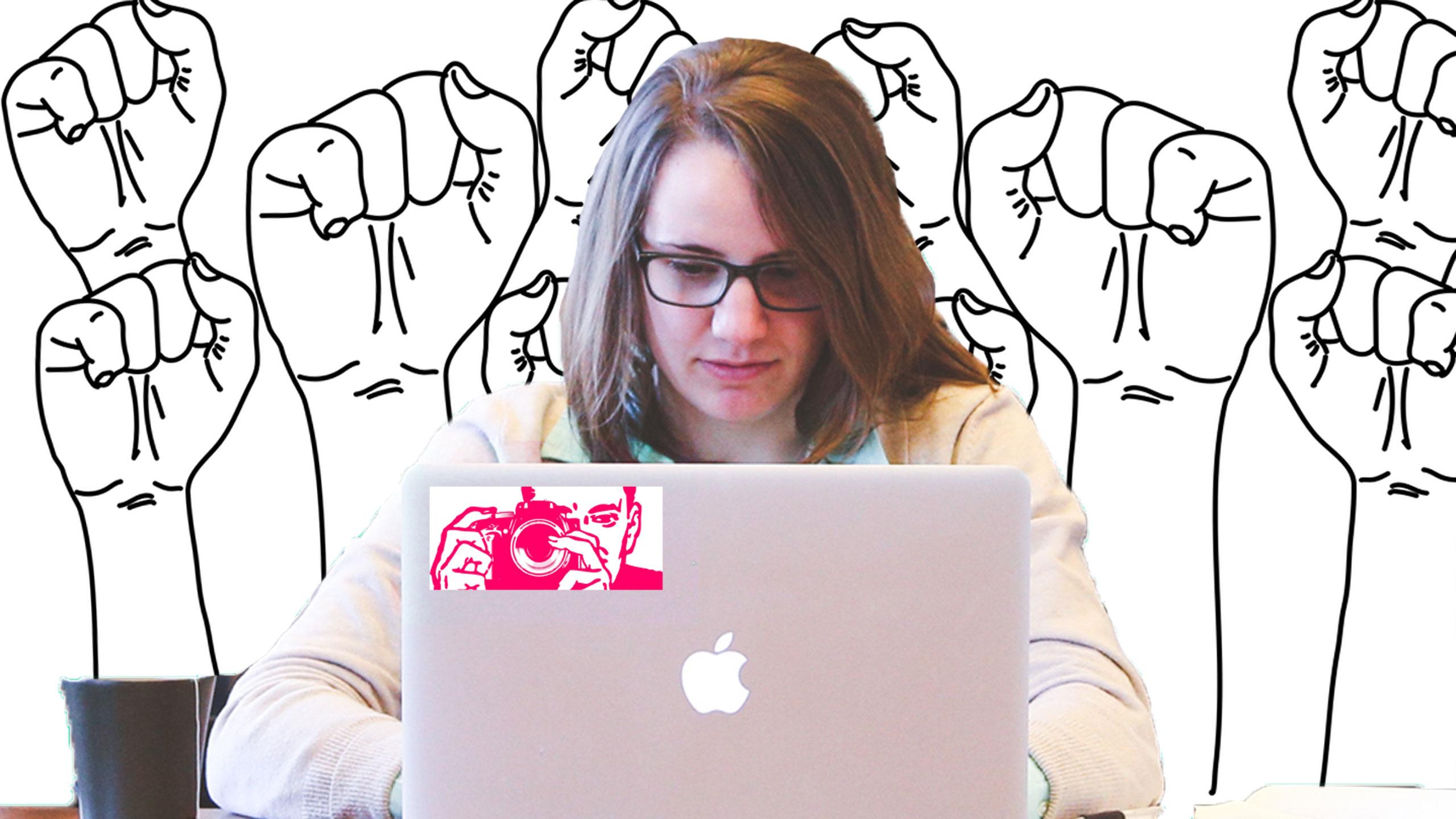By Sierra Bein
Around the beginning of my time working at The Eyeopener in my first year, someone told me that it was going to be nice to have a “pretty girl” on the news team because it would be easier for me to approach people for interviews on the street.
I understood that there was no harm intended behind the comment, but I also understood that there was inherently more meaning to it than they realized. I was worried that people didn’t care about my skills, or that I was given an opportunity that I didn’t deserve.
This is just one of millions of reasons equity training is a necessity to any workplace. Power struggles exist in the smallest places. Even if we’re just looking at a first-year volunteer talking to the editor-in-chief of a student newspaper, there is a power difference at play. This becomes more important when words are being put on a page.
Specifically for journalism, equity training can help give the most basic understanding to really dense issues—but this goes for the people in the newsroom and outside the newsroom as well.
From writing a story to just sharing that story on Facebook, you have a certain responsibility for the information you’re passing along. You might not even catch the problems at first glance.
Who is talking the most? Whose voice is the highest in the article? Who is writing the piece? If the story is about Indigenous issues, are there Indigenous people speaking? If the story is about LGBTQ issues, are the voices representative of those communities? Are you including marginalized voices, even if the story isn’t about them? Are you pushing stereotypes?
Ryerson’s School of Journalism just introduced a new vice-president equity on the Journalism Course Union. This is a cool step forward, but when it comes to what’s being taught in the classroom, there’s still a general lack of teaching how to write while keeping equity guidelines in mind. That’s also before talking about the representation and diversity problem that all of Ryerson has among its staff.
But if you, the reader, can’t understand how to spot these problems, how can you tell us when we’re fucking up? Because (as we’ve seen) sometimes campus media does screw up—and, oh boy, does the mainstream media do that too. We could all use some equity training.
So, if equity is something that interests you, come to the Thomas Lounge on Oct. 29 with a pen and paper. Former Ryerson Students’ Union equity centre staff member and Eyeopener communities editor Sid Drmay will be guiding us through some of the ins and outs of what it means to practice equity in writing and in the workplace. Everyone is welcome, especially everyone at j-school.
Our workplace hasn’t been perfect, we will be the first to admit it. We’re students and we’re learning too.
But there’s a problem when other media outlets can’t acknowledge their own problems. There’s a problem when you aren’t represented in your education. There’s a problem when your workplace isn’t aware of internal power struggles. There’s a problem when organizations can’t even have this conversation. This open invitation is a first step addressing these problems and to make things better.













Leave a Reply